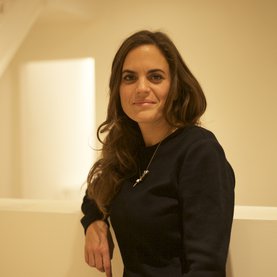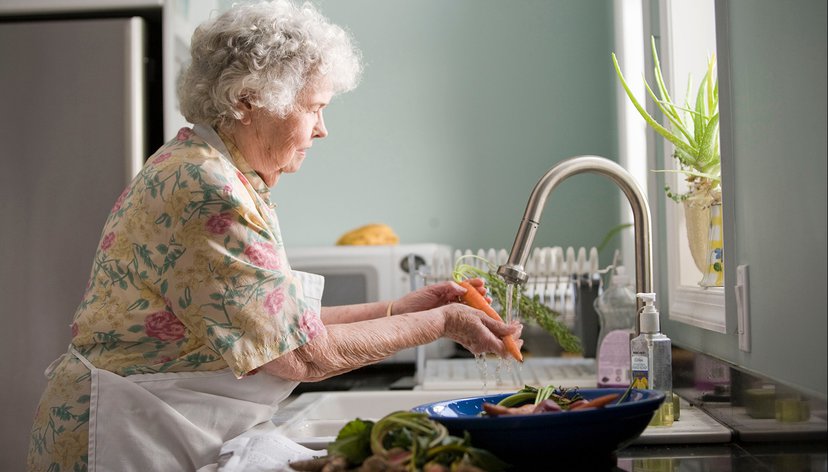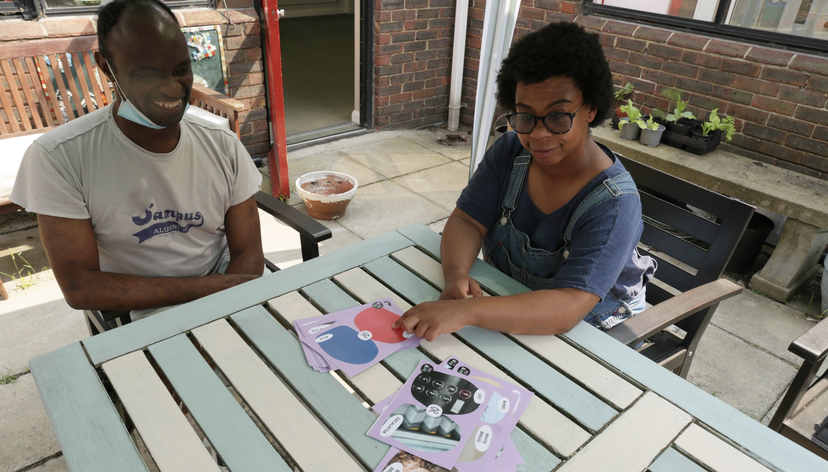Age and Diversity
How can designers shape a future that is inclusive of all?
Design touches people’s lives every day. Within the Age & Diversity Research Space, we consider people’s everyday experiences over the broadest dimensions of age and diversity. We explore age in all its guises – whether that is digital age, social age, educational age, the age spectrum, or life course transitions; however, we do not focus exclusively on later life.
We also consider the younger years and the potential of inter-generational connections. In terms of diversity, we endeavour to include groups that remain under-represented, approaching projects in a way that inspires empathy, engagement, and empowerment.
We use design ethnography and empathy-driven approaches towards affecting positive change in issues of everyday life and experience.
Research themes
The projects in the Age & Diversity Research Space are organised into four research themes. The first three focus on projects with industry and research council projects. The fourth, the Business of Inclusive Design, looks at engaging with practising designers and business through knowledge transfer mechanisms such as workshops, events and the creation of tools and resources.
Ability & Diversity
This research strand involves people with a range of abilities, working across the physical, sensory and cognitive ranges we can all experience at different stages of our lives. Rather than just addressing functional disability, the projects aim to build on people's remaining capabilities, addressing individual needs and aspirations. Understanding neuro-diversity is an emerging area that is increasingly important within this theme.
Everyday Living
Projects in this strand focus on everyday activities, looking at how design can create better choices, increased independence and a more engaging experience with the products, systems and services surrounding us. The work addresses people of all ages and abilities, involving them in the design process as active participants in creating new ideas to improve quality of life.
People & Technology
Digital technologies are increasingly present in almost every area of our lives, yet many barriers exist to selecting, learning and using software, hardware, devices and services. This research strand takes a people-centred approach to understanding user behaviour, digital interactions, and communication needs for various individuals and community networks.
Business of Inclusive Design
With its people-centred focus, inclusive design has growing relevance to design practice and to industry. This research theme includes projects and initiatives to create effective knowledge transfer through publications, workshops, events and executive education. A key aim is to increase the 'real world' application of inclusive design in a way that benefits business and brings about lasting impact.
Collaborations
The Age & Diversity Research Space collaborates with a range of a range of industry, business, voluntary and public partners through projects on the Helen Hamlyn Research Associates Programme. Recent RCA graduates work on people-centred design research briefs and partnerships supported through the Centre. Collaborators include:
Recent research partners
- Age UK
- Arthritis Research UK
- Audi Design Foundation
- Auriens
- BlackBerry
- BT and Scope
- Bupa
- CABE
- Cisco
- Dycem
- EPFL+ECAL Lab
- Fulbright Commission
- Hexagon
- Ideal Standard
- Intel
- London Legacy Development Corporation
- NatWest
- Nokia
- Royal London Society for Blind People
- Oticon
- Panasonic
- RNIB
- Royal Bank of Scotland
- Sony
- Samsung
- Stannah
- TH!NK (with Norwegian Design Council and Research Council of Norway (IT Funk Programme)
- Thomas Pocklington Trust
- The Kingwood Trust
- Toyota
- Wellcome





